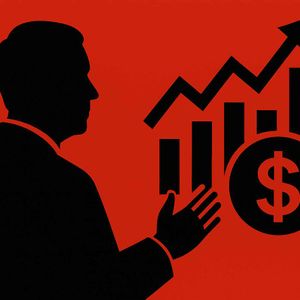Why the U.S. Can’t Let the Stock Market Crash
2 min read
The U.S. stock market isn’t just a tool for investors—it’s become essential to keeping the government funded. As shocking as it sounds, a significant portion of federal tax revenue now comes from capital gains , most of which are realized by the wealthiest Americans. With the top 1% owning roughly half of all U.S. stocks, and the top 10% holding over 90%, financial markets have essentially become a tax pipeline. While wages have barely kept up with inflation, financial assets like stocks have soared , growing faster than both the economy (GDP) and the money supply. That widening gap isn’t just about wealth inequality—it’s also how the government plugs its budget hole. In 2021, capital gains taxes hit a record 8.8% of GDP and made up around 15% of total tax revenue. If markets fall, so does that income, making budget shortfalls even worse. The system creates a feedback loop. As the federal deficit grows and productivity from new debt declines, Washington leans more on rising asset values to sustain itself. Corporate profits—heavily tied to the S&P 500—are one of the few economic elements outpacing debt and inflation. That’s why policymakers are incentivized to keep asset prices rising , whether through low interest rates, quantitative easing, or even quietly supporting markets via tools like the so-called “Plunge Protection Team.” At the same time, income from work is taxed more heavily than investment returns. Long-term capital gains enjoy lower rates, benefiting the wealthy and reducing tax collections by an estimated $345 billion annually. It’s a policy choice that favors wealth hoarding over labor. Unless there’s serious tax reform, like aligning capital gains rates with regular income or closing loopholes, the government’s dependence on stock market growth will only deepen. In simple terms: if the market crashes hard, the federal budget does too. That’s why a major downturn is something Washington can’t afford to let happen.

Source: Coinpaprika






